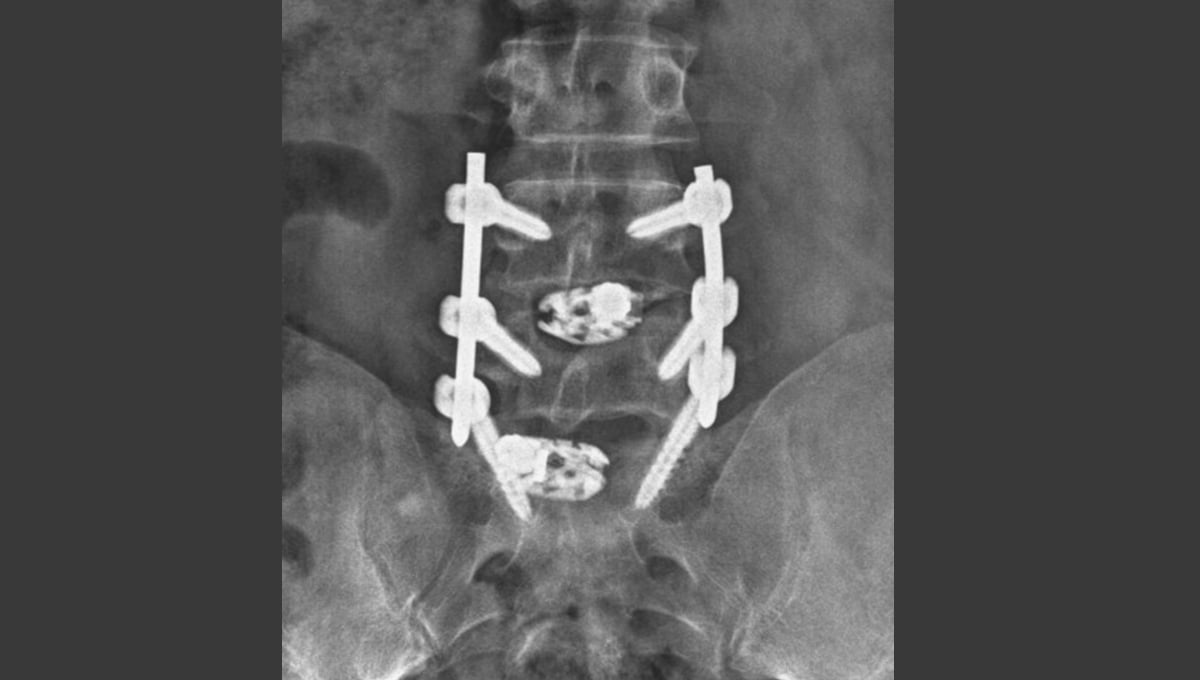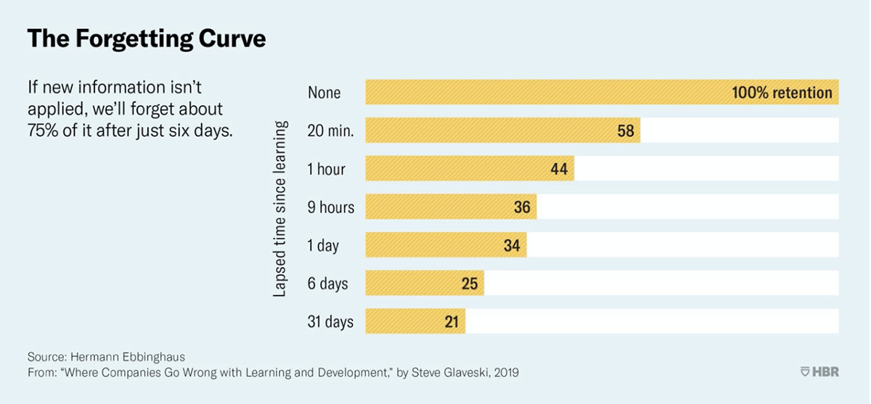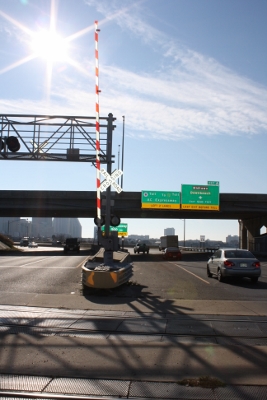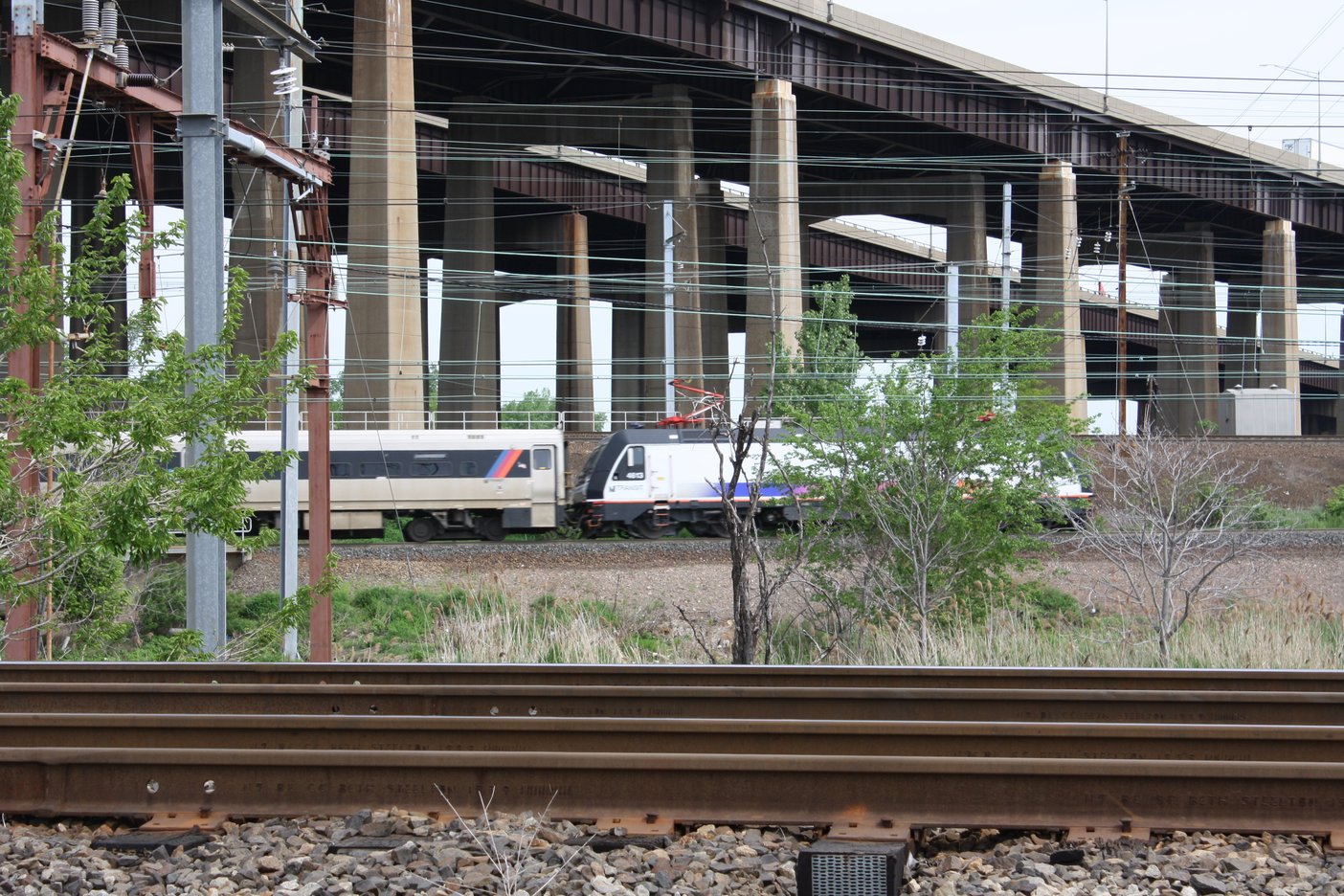


Topics: Rights of Railroad workers, verdict, FELA injury, how much is my case worth?, settlements, trials

Former railroad clients should look at that bar chart and say “Marc was right.” Because I came across the graphic above recently and thought to myself, “Finally, I am validated.”
The bar chart represents “The Forgetting Curve” developed through the groundbreaking research of a 19th Century psychologist named Hermann Ebbinghaus. It shows the dramatic rate at which our memories fade after being introduced to new information that isn’t frequently used afterward. Within an hour, you won’t remember half of what you were told. Within a day, two-thirds will have faded. After a week? Forget about it, literally.
Topics: FAQs on the job injuries, Rights of Railroad workers, Basic steps to filing a fela lawsuit, verdict, FELA recovery, FELA injury, settlements, trials

Railroad work is dangerous: heavy machinery, chemical exposure, 150-ton speeding locomotives. Whether you’ve spent your career working on high voltage wires or maintaining signals or track area, you may have taken on more than your fair share of danger and injury, just shrugging it off as part of the job.
In actuality, it may be that it was the railroad itself that shrugged off your safety. Often workers are put in dangerous situations that they should be safe from, and very often when workers report those unsafe conditions they find themselves slapped with a letter of reprimand, told to keep quiet about an injury or worse.
Here are 10 examples of situations where a worker has a legit whistleblower claim against the railroad.
Topics: FAQs on the job injuries, Rights of Railroad workers, Railroad safety issues, whistleblower
 Railroad workers' rights took a hit this week when a federal appellate court reversed the decision of the Administrative Review Board in Bala vs PATH.
Railroad workers' rights took a hit this week when a federal appellate court reversed the decision of the Administrative Review Board in Bala vs PATH. The Third Circuit Court of Appeals, reversed the ARB decision, which protected a workers right to follow doctors's orders. This was one of the 13 ways of triggering the Whistleblower protections of the Federal Railroad Safety Act (FRSA). You can download the decision here.
Bala vs PATH was the 2013 decision that prevented a carrier from disciplining an employee who was following doctors orders, regardless of whether the underlying condition was work related or not.
The reversal means that in those courts within the Third Circuit, only a doctor note pertaining to an on the job injury gives protection to the employee.
Concussion at home when something falls from the garage shelf, making you dizzy? Not excused.
Stomach bug has you throwing up? Not excused.
These absences can still be counted for purposes of attendance policies. This means that workers can be disciplined for absences when they follow a doctor's order not to return to work. This will have long term ramifications as well as immediate.
Topics: FAQs on the job injuries, Rights of Railroad workers, whistleblower, reporting safety concerns, how much is my case worth?
 Have you been on the railroad over five years?
Have you been on the railroad over five years?
Then you are most likely numb. Not from winter weather in early November, but to the railroad safety hazards around you daily. That is both dangerous and avoidable.
Becoming desensitized to the dangers of train work makes you take unnecessary risks. Instead of voicing a concern, and possibly incurring the wrath of a general foreman, you shrug it off as something you've done hundreds of times before without incident. But if nine out of 10 people walk across the thin ice without falling through, and only the last does, does that mean the ice was safe? Of course not. It means the first nine got lucky. And so it is with you.
In this post we'll use photos to highlight common safety hazards workers face everyday.
Topics: Rights of Railroad workers, Railroad safety issues, whistleblower, reporting safety concerns
 When you get hurt at work on the railroad, what the company does behind your back could be worse than your injury.
When you get hurt at work on the railroad, what the company does behind your back could be worse than your injury.
Take for example, a shoulder injury or knee injury, both common injuries for railroad workers:
You reported your injury because you were too hurt to work, not because you wanted the railroad to pay up. Reporting it was the right thing to do. The railroad will discipline you if you don’t report an injury. But from the railroad’s perspective, “paying up” is always where this road leads and it’s prepared for court before you even decide to seek a shoulder surgery settlement or sue for your knee replacement.
In this post we’ll look at what happens inside the railroad when you report an on-the-job injury.
Here are four important behind-the-scenes moves you should be on the look out for if you filed an injury claim:
Topics: FAQs on the job injuries, Checklist for hiring railroad lawyer, how to hire a railroad lawyer, Rights of Railroad workers, Basic steps to filing a fela lawsuit, FELA recovery, how to file your own injury claim, FELA injury
 Lost wages are an objective cornerstone of any claim resolution. If you’re trying to figure out the value of your case there are other factors to consider also, like the severity of your injury or how many years you have before retirement. Click HERE for more. But the starting place for every injury claim is this: How much did I lose in wages?
Lost wages are an objective cornerstone of any claim resolution. If you’re trying to figure out the value of your case there are other factors to consider also, like the severity of your injury or how many years you have before retirement. Click HERE for more. But the starting place for every injury claim is this: How much did I lose in wages?
The concept of the calculation is straight forward. But the mathematics can get confusing. Let me break it down:
Topics: FAQs on the job injuries, Rights of Railroad workers, Basic steps to filing a fela lawsuit, lost wages

According to published reports, Charlie Davis is a FRSA whistleblower, and he may not even know it.
NBC News and The Bergen Record are reporting that Mr. Davis went for a block operator job when he was bumped from his clerk's position, but instead of a job, he received an ultimatum -- go to rehab, or face termination.
Why? Because he tested positive for marijuana, albeit legally. According to the law, he has 180 days to let OSHA know he was slighted by NJ Transit for following his treating doctor's treatment plan – taking medical marijuana for end stage renal disease. The test result was no surprise, considering Mr. Davis told the railroad ahead of time about his prescription.
Topics: Rights of Railroad workers, whistleblower, medical marijuana

I get several calls a week from workers of every craft, be they electricians, conductors, signalmen, car cleaners, track workers or engineers, just to name a few, looking for answers to some basic FELA claims and lawsuit questions.
Because these answers pertain to all rail jobs I compiled a list of the most frequently asked questions regarding the basic steps to filing a FELA lawsuit against a carrier.
Here are the questions I'll cover in this post:
Topics: FAQs on the job injuries, Rights of Railroad workers, Basic steps to filing a fela lawsuit
 Dirty cars and poor communication are some of commuters’ biggest complaints about the railroad, and they’ve got ample evidence to prove their case.
Dirty cars and poor communication are some of commuters’ biggest complaints about the railroad, and they’ve got ample evidence to prove their case.
But what conductors and cleaners and crews know is, the problems started long before they got on the job and without some changes at the top, aren’t likely to go away. And in the meantime it’s the conductors and the commuters, both power less, who are squared off.
Topics: Rights of Railroad workers, Railroad safety issues, commuter

Railroad lawyer Marc Wietzke focuses on FELA injury and whistleblower law for railroad workers injured or punished on the job.
ATTORNEY ADVERTISING - Prior results don’t guarantee a similar outcome in your claim. This website and blog are for informational purposes and do not constitute legal advice, since only after knowing the details of your claim can any advice be provided. Please understand that particular laws vary by state. You must speak directly with an attorney about your situation to determine what laws apply.
PRIVACY POLICY - As a law firm, we do not share any information received from any contact without that contact's specific permission.